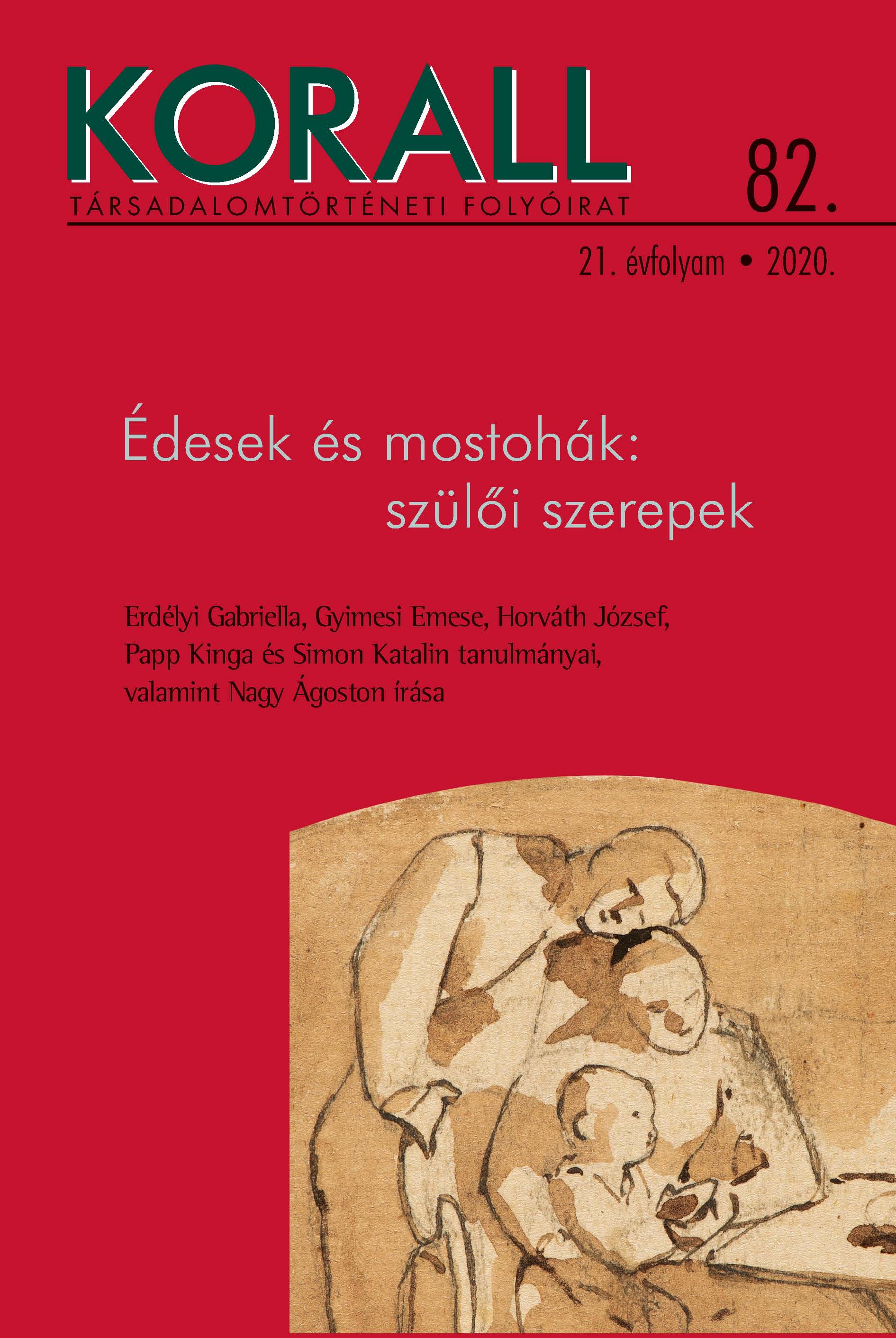Szülői betegség – gyermeki gondoskodás. Idősgondozás a 18. századi Óbudán az eltartási szerződések tükrében
Ill Parents – Care-Giving Children. Taking Care of the Elderly in Eighteenth-Century Óbuda According to Retirement Contracts
Author(s): Katalin SimonSubject(s): 18th Century
Published by: KORALL Társadalomtörténeti Egyesület
Keywords: retirement; care for the elderly; caregivers; 18th century
Summary/Abstract: This paper draws on retirement contracts in the eighteenth-century market town of Óbuda and considers the insights these sources, which are only rarely made the subject of scholarly study, yield into the practices involved in the provision of care for the elderly. The retirement of a head of family and the division of an estate during the lifetime of the testament-maker was a well-established custom in early modern Western Europe, especially in German-speaking territories (Ausgedinge / contractual retirement). The study of sources concerning this phenomenon offer insights into the lives of widows and the sometimes rather conflicted relationships between elderly parents and their children and also between elderly spouses. From eighteenth-century Óbuda, 73 sources are known which are related to retirement. These sources include sections of testaments, parts of marriage contracts (similar to the Austrian practice), or pro forma retirement contracts, which could also be reaffirmed through inclusion into the town council registers. Considering that such contracts could also be verbal, the retirement of heads of families seems to have been an established tradition, especially among the German population, specifically among the vine-growers. Both fathers and mothers used this option, regularly choosing their daughters or sons-in-laws as caregivers. Around the end of the century, the retiring parent tried to secure his or her position with increasingly detailed stipulations concerning the conditions. Compared to customs in other European territories, it is worth nothing that in the case of Óbuda, the contracts which have survived were all lifetime contracts. There are no temporary contracts (i.e. contracts which came to an end after a specific period of time had elapsed) among the surviving sources.
Journal: Korall - Társadalomtörténeti folyóirat
- Issue Year: 2020
- Issue No: 82
- Page Range: 79-101
- Page Count: 23
- Language: Hungarian

